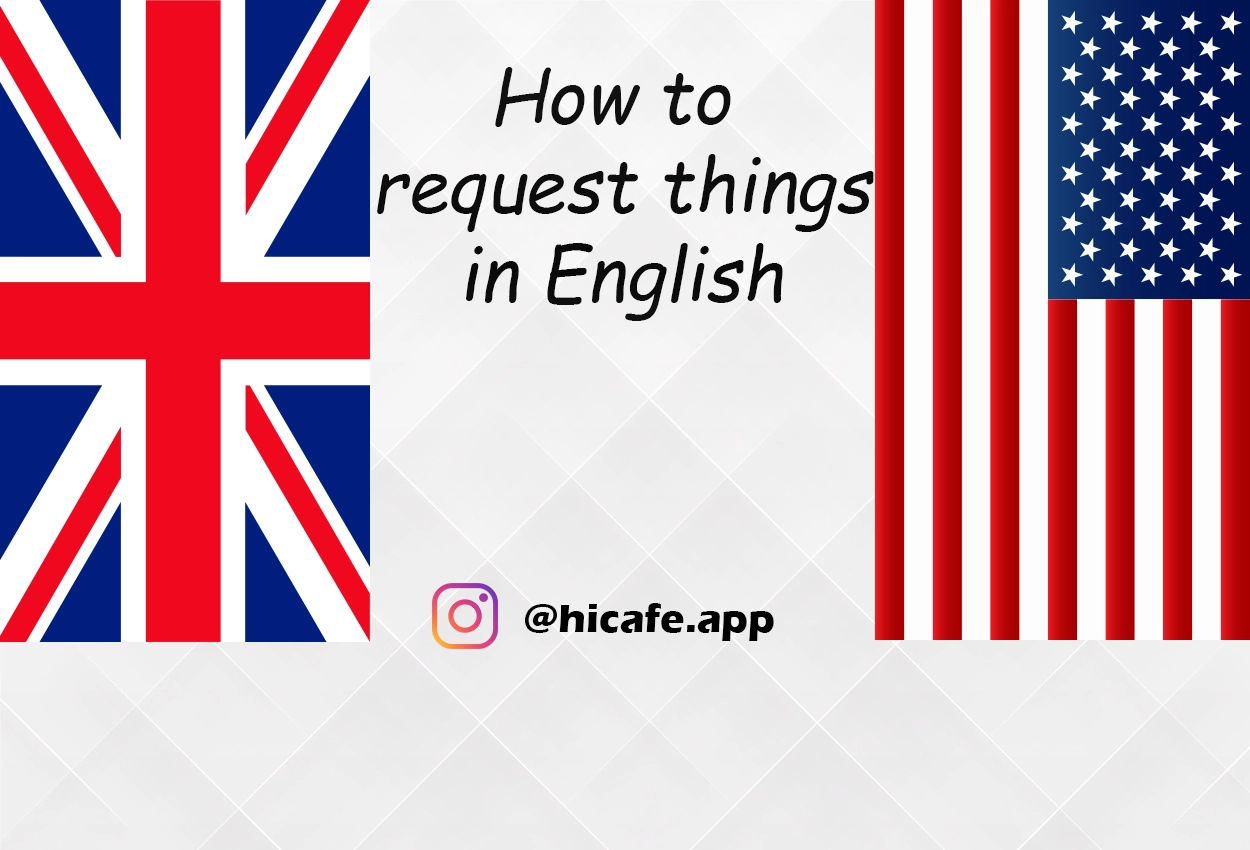In English, it’s important to know how to make requests and offers politely. Understanding the different ways to ask for something and offer assistance can help you communicate effectively and respectfully. Learning and mastering this lesson is very important especially for beginners who like to travel to other countries as a tourist. Indeed, when you visit another country, from your arrival at the airport to taking a taxi and staying in a hotel as well as doing sightseeing, you are most likely asking questions and making requests.
Previous Conversation Tip Lesson
Ways to Improve Spoken English
Making Requests and Offers in English
Here are some common phrases and tips to help you sound polite when making requests and offers in English.
Asking someone to do something for you
There are three common ways to make requests:
- Would you mind sending me the letter, please?
- Can you help me carry these boxes, please?
- Could you pass me the salt, please?
Speaking tip: The verbs ‘could’ and ‘can’ are followed by the verb without ‘to’.
“Would you mind” is followed by the verb and -ing.
Asking if you can do something
Here are four common ways to make requests when you want to do something:
- Can I take a day off next week, please?
- Could I borrow some money from you, please?
- Do you mind if I use your phone for a quick call?”
- Would you mind if I borrowed your umbrella?
Speaking tip: ‘Could’ is more polite than ‘can’.
“Do you mind if…” is followed by the verb in the present tense, while “would you mind if…” is followed by the verb in the past tense.
When using these two sentences, do not use ‘please’ as it is already polite enough.
Offering to do something for another person
You can make an offer using phrases such as “Can I… ?”, “Shall I… ?”, “Would you like me to… ?”
For example:
- Can I help you?
- Shall I reserve a room for you?
- Would you like another tea?
- Would you like me to take the phone call?
- I’ll do the photocopying, if you like.
Shall, can, and will are followed by the verb without ‘to’.
Shall is particularly British English and is more formal than can. “Would you like…” is followed either by a noun or by an object pronoun and the verb with ‘to’.
Responding to offers
Here are some examples of dialogues to accept or reject offers made to you:
Can I help you?
Actually, yes please, I need some help finding a book.
Can I help you?
No, thank you. I’m just looking.
Shall I open the window for you?
Yes, please. It’s a bit stuffy here.
Would you like me to grab you a snack?
No, thank you, I’m not hungry.
Would you like another coffee?
Yes, please, that would be lovely. Or, Yes, please, I’d love one.
Would you like me to answer the phone?
If you wouldn’t mind. Or, If you could. (Do not answer Yes, I would, as this sounds like you expect someone to do it for you.)
I’ll do the photocopying, if you like.
It’s fine, I can do it. Or, Don’t worry, I’ll do it.
Or, Thank you, that would be fantastic.
Conclusion
By using these common phrases and speaking tips, you can ensure that your requests and offers come across as polite and considerate. Make use of these points in your future conversations.
Next Conversation Tip Lesson
Polite Conversation in English
Related Conversation Lessons
None
Practice Conversation with HiCafe App
By using HiCafe App, you can join free discussion events and Practice English Conversation online or in-person and improve your verbal skills.
All Conversation Lessons
To see and read all of our conversation lessons, you can visit our Improve English Speaking Skills page.



